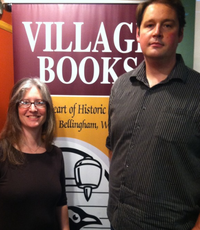 Jennifer served as Book Manager for A.C. Fuller's "The Anonymous Source." Seen here with the author at Village Books in Bellingham, WA.
Jennifer served as Book Manager for A.C. Fuller's "The Anonymous Source." Seen here with the author at Village Books in Bellingham, WA. When I wanted to support a small, independent bookstore, I would head over to BookCourt in Brooklyn and do the same.More recently, while living in the Pacific Northwest, I listen to authors of fiction, memoir, non-fiction, humor, and all genres by attending writing conferences like the annual Write on the Sound held in Edmonds, Wash. When I want to hear an author do a reading from his or her book, I go to Village Books, an independent bookseller in Bellingham, Wash.
The reality is that not all authors are good at speaking, self-promotion or selling. That’s OK. Writers are good at writing. |
The reality is that not all authors are good at speaking, self-promotion or selling. That’s OK. Writers are good at writing.
Therefore, if you are an author approaching an upcoming book signing, writing workshop or lecture and want to boost your confidence, and more importantly your book sales, here are a few tips:
1) Remember to stay hydrated. Try tea or tepid water. Ice water tends to alarm the vocal cords, whereas a warm drink is more soothing and calming.
2) Pass around one copy of the book during the talk. If they’ve come to hear you, chances are they are old-school book lovers and will enjoy touching the cover, rubbing the book spine and holding it as if it were theirs. Make them envision it on their bookshelf. Also, diverting attention to the book takes the focus off of you momentarily to take a deep breath and relax.
3) Assume everyone will purchase a copy. Use language like “readers like you,” “when you read the book…” (Similar to job interview advice.)
4) Make reference to page numbers and turning points. For example, “By chapter 3, Clarissa was becoming stronger and looking at life in a new way.” Or, “On page 67, she says …” Your audience will begin to connect with plot and writing technique and will want to get to that exact spot to see for herself. Also, those who brought a pre-purchased copy for signing can follow along.
5) Bring something new to each engagement. Your audience will appreciate when you say, “I haven’t mentioned this before during a talk…” Be genuine and your readers will connect with you, and then your writing.
While this video (below) is geared toward public speaking, I'd argue it provides an excellent structure for all storytelling.
Authors and writers take heed... watch this short explanation (8 mins) of how to succeed at public speaking and pay particular attention to the parts about giving your audience a reason to care (5:32) and building metaphors (6:45):
https://www.ted.com/talks/chris_anderson_teds_secret_to_great_public_speaking#t-39948
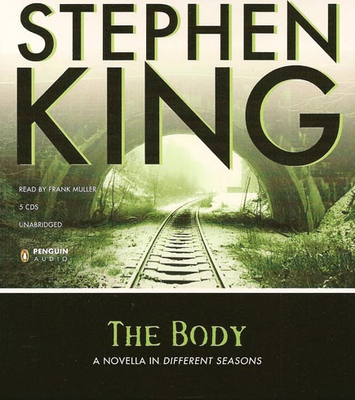
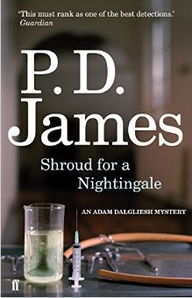
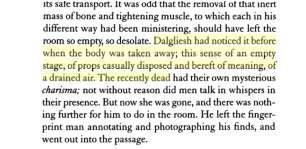
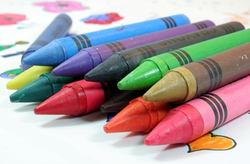
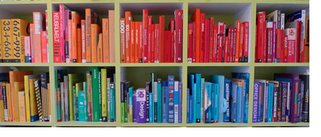
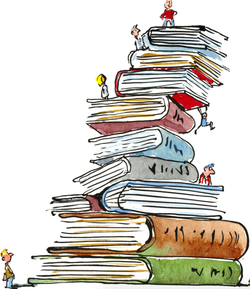

 RSS Feed
RSS Feed